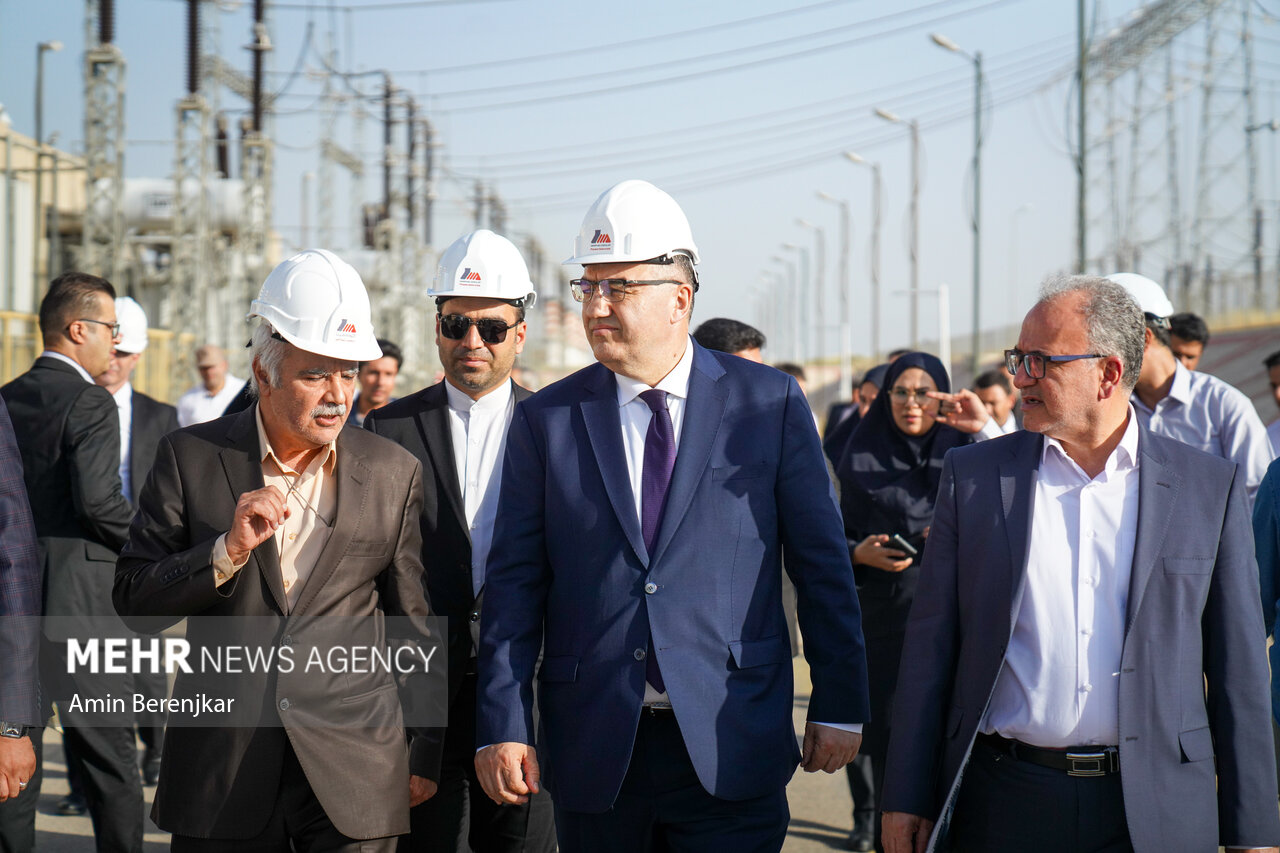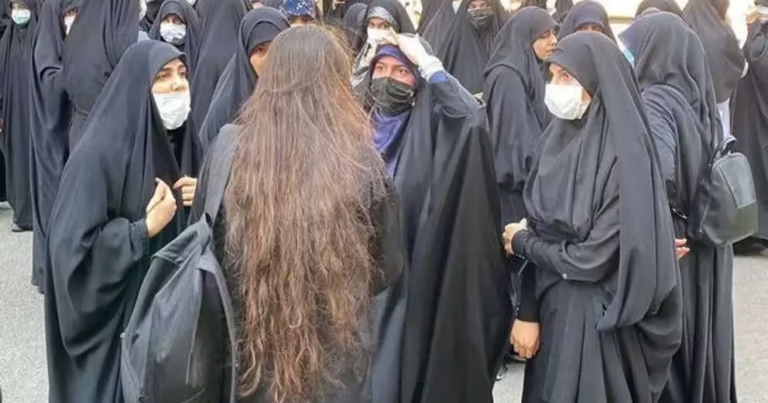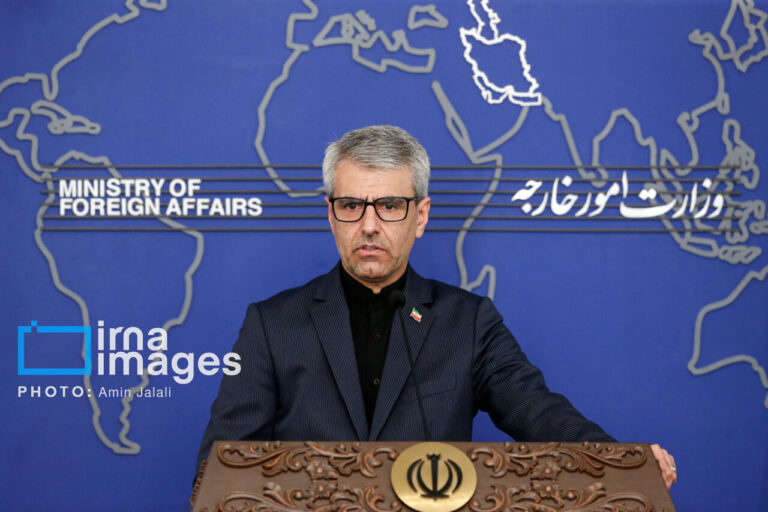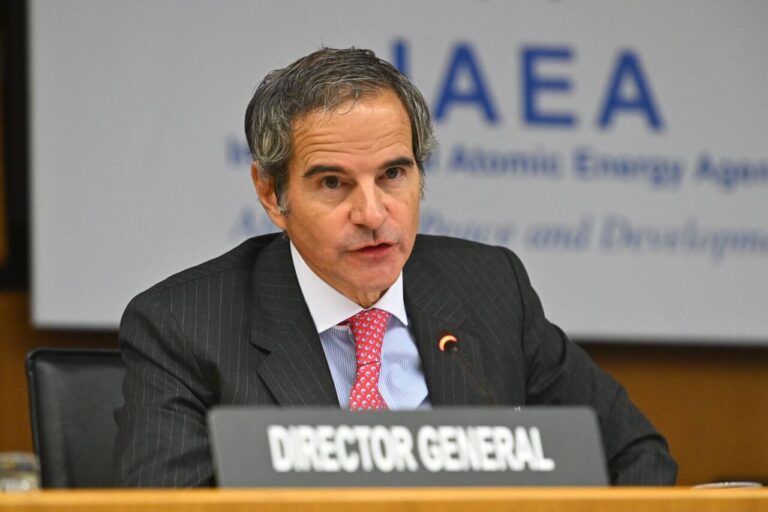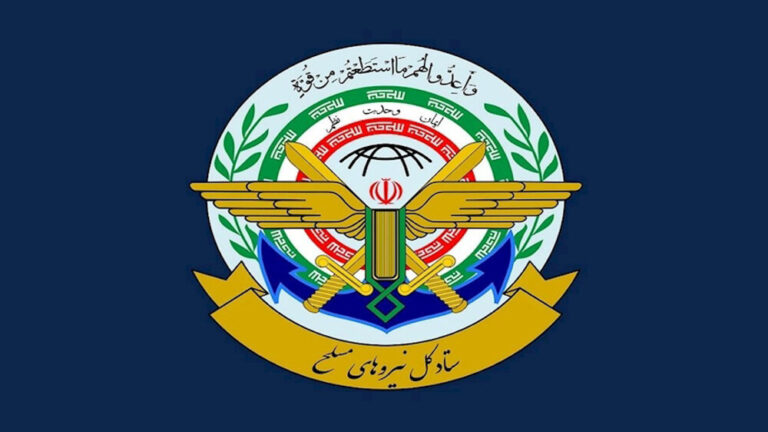Tajik Energy Minister Explores Energy Collaboration During Visit to Iran’s Shiraz
In a significant development in international relations, Tajikistan’s energy minister, Daler Juma, has recently visited Iran’s Shiraz. The primary keyword here is “Tajikistan’s energy minister,” reflecting a pivotal moment in the economic cooperation between the two nations. This visit marks the commencement of the 17th session of the Joint Commission for Economic Cooperation between Iran and Tajikistan, showcasing the growing collaboration in various sectors.
During his visit, Minister Daler Juma engaged in discussions aimed at enhancing bilateral ties and exploring new avenues for cooperation. The Joint Commission serves as a vital platform for both countries to address mutual interests and develop strategies for economic growth.
Key Highlights from the Meeting
The meeting focused on several critical areas, emphasizing the following points:
- Strengthening Economic Ties: The discussions aimed to bolster economic partnerships, particularly in energy resources.
- Investment Opportunities: Both nations explored potential investment opportunities in various sectors.
- Infrastructure Development: The session highlighted the need for infrastructure development to facilitate trade.
- Joint Ventures: The countries considered establishing joint ventures to maximize resource utilization.
Minister Juma’s presence in Shiraz signifies Tajikistan’s commitment to deepening its economic relationship with Iran. This initiative not only fosters bilateral cooperation but also contributes to regional stability and growth.
The Importance of Energy Cooperation
Energy cooperation is a cornerstone of Iran-Tajikistan relations. Both countries possess significant energy resources, and collaborative efforts can lead to numerous benefits:
- Resource Sharing: Tajikistan has substantial hydropower potential, while Iran has extensive oil and gas reserves.
- Energy Security: Joint projects can enhance energy security for both nations.
- Technological Exchange: Cooperation can facilitate technological advancements in energy production and management.
- Economic Growth: Enhanced energy collaboration can drive economic growth and create job opportunities.
Moreover, the energy sector plays a crucial role in addressing the economic challenges faced by both countries. By working together, Iran and Tajikistan can create a more resilient energy market that benefits their populations.
Future Prospects for Iran-Tajikistan Relations
As the 17th session of the Joint Commission for Economic Cooperation progresses, the outlook for Iran-Tajikistan relations appears promising. The discussions are expected to lead to concrete agreements that will pave the way for future collaboration. Key areas of focus include:
- Agriculture: Exploring agricultural partnerships to enhance food security.
- Trade Facilitation: Improving trade routes and reducing barriers to enhance bilateral trade.
- Cultural Exchange: Promoting cultural ties to strengthen diplomatic relations.
The ongoing dialogue between the two nations reflects their commitment to fostering a robust partnership. By embracing collaborative efforts, Iran and Tajikistan can unlock their full economic potential and contribute to regional prosperity.
Conclusion
In summary, Daler Juma’s visit to Iran’s Shiraz represents a pivotal moment in the ongoing dialogue between Tajikistan and Iran. The 17th session of the Joint Commission for Economic Cooperation is set to enhance bilateral ties and explore new avenues for collaboration. With a focus on energy cooperation, agriculture, and trade facilitation, both nations are poised to embark on a journey of mutual growth and prosperity.
The efforts to strengthen economic cooperation are essential for both countries as they navigate the complexities of the modern world. As Iran and Tajikistan continue to work together, the future looks bright for both nations, fostering a partnership that could serve as a model for regional collaboration.
